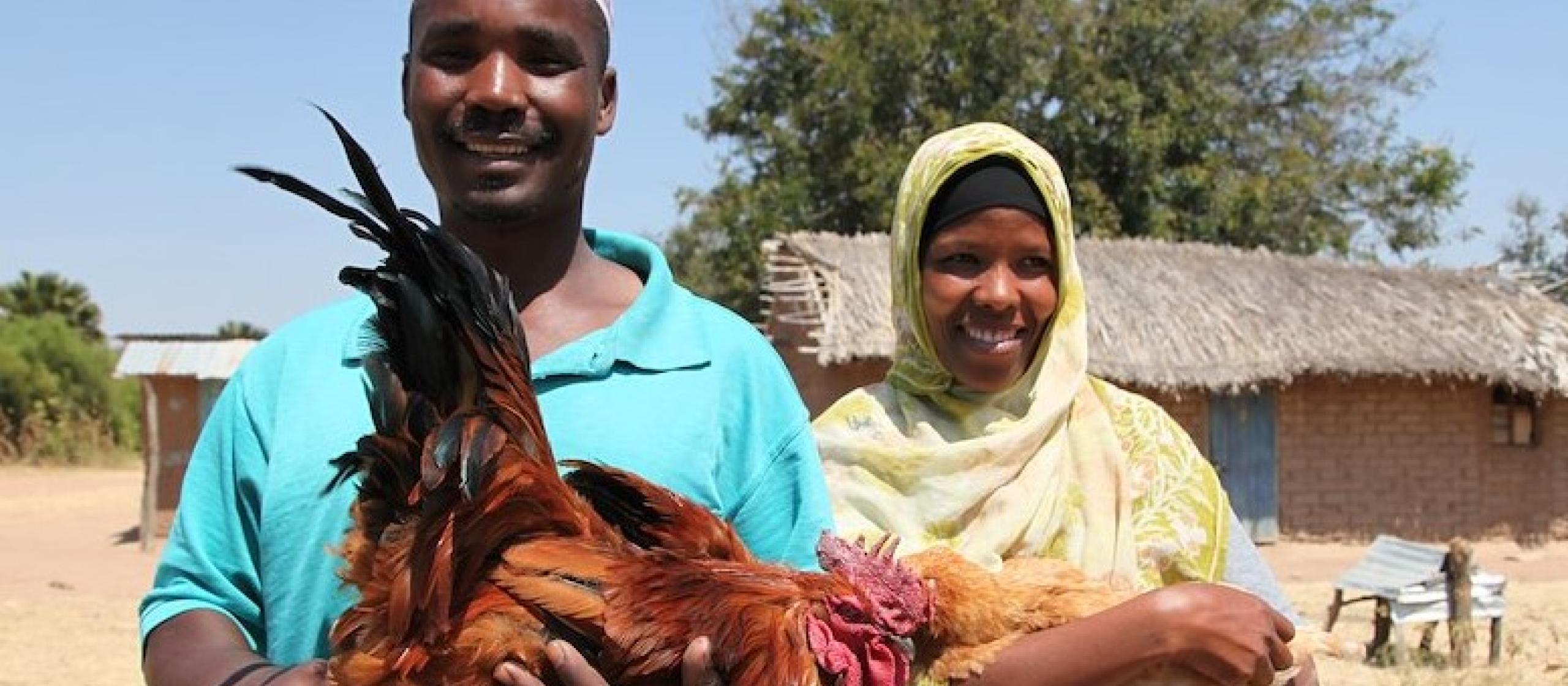- HomeHome
-
About ACIAR
- Our work
- Our people
-
Corporate information
- ACIAR Audit Committee
- Commission for International Agricultural Research
- Policy Advisory Council
- Agency reviews
- Executive remuneration disclosure
- Freedom of information (FOI)
- Gifts and benefits register
- Information publication scheme
- List of new agency files
- Contracts
- Legal services expenditure
- Privacy impact assessment register
- Commonwealth Child Safe Framework
- Benefits to Australia
- Careers
- 40 years of ACIAR
-
What we do
- Programs
- Cross-cutting areas
- Resources
- Where we work
-
Funding
- Research projects
- Fellowships
-
Scholarships
- John Allwright FellowshipScholarships to study in Australia for ACIAR partner country scientists to have Australian postgraduate qualifications
- ACIAR Pacific Agriculture Scholarships and Support and Climate Resilience Program
- Alumni Research Support Facility
- Publications
- News and Outreach
Date released
13 June 2018
With many challenges and threats facing agriculture in developing countries, among the most pressing issues are food security and nutrition. ACIAR has a long history in vital research that ensures food security and reduces poverty, tackles human and animal nutrition, and combats the incidence of disease.
The challenges posed by climate change, growing populations and increasing pressures on natural resources are impacting on the availability of safe and reliable food sources to ensure human health and reduce poverty. There is an essential, ongoing need to proactively manage food security and ensure that communities and countries have the capacity to respond to these challenges on home ground, and continue to improve human nutrition.
Of particular importance in ensuring food security is the need to manage bacterial and viral diseases in agricultural animals that threaten production and human health. The threats posed by zoonotic diseases, which spread from animals to humans, is another critical aspect of food and nutrition security, and ACIAR is spearheading research efforts to understand how to combat this.
These multifaceted issues in food security and poverty reduction are a fundamental component of many research projects and a continuing focus for ACIAR’s future. A small sample of projects that demonstrate the diversity of work undertaken to help establish key infrastructure and build more resilient communities to manage their own food security issues does not do justice to the much wider impact that ACIAR has in many countries, but is indicative.
Food security
Poor women farmers in India are exercising their innovation in the project ‘Improving livelihoods with innovative cropping systems on the East India Plateau’, to introduce more diverse cropping systems. Women farmers participated directly in research to conduct rice growing trials and interpret data, which resulted in developing a new, sustainable way of growing rice called direct-seeded rice.
On another front, sorghum, the world’s fifth most important cereal, can withstand dry climate stresses to an extent, yet in Ethiopia droughts cause losses of this staple food crop. Through an enhanced sorghum breeding program, the project ‘A targeted approach to sorghum improvement in Ethiopia’ is introducing a raft of new breeding technologies and genes resistant to parasitic plants, and speeding up breeding trials with electronic data capture.
Tackling nutrition
Malnutrition and communicable diseases, a concern for those on coral atolls such as Kiribati and Tuvalu, are compounded by the difficulty of producing food in those regions due to poor soils and environmental constraints. Several projects, including ‘Improving soil health, agricultural productivity and food security on atolls’, are improving local communities’ capacity to grow and trade high-value crops, and increase consumption of local nutritious foods. Vegetable trials are giving farmers and nurseries information on soil planting techniques to ensure better product quality.
While chickens are an essential part of African diets and livelihoods, Newcastle disease can quickly wipe out large numbers. Springing from research to develop a chicken vaccine that requires less refrigeration, local villagers are now being trained to administer the vaccine effectively. The project ‘Strengthening food and nutrition security through family poultry and crop integration in Tanzania and Zambia’ has deployed a sustainable vaccination program developed with previous ACIAR support. The locals have assumed full ownership, with vaccine production and inoculation now handled entirely at the village level. The vaccination program is an integral component of a ‘One Health’ approach to improve food and nutrition security, focusing on the nutrition of children under five, by integrating crop and poultry management.
Stamping out disease
Of concern to Australia and its northern neighbours is the dangerous spread of rabies. Introduced to Bali in 2007, the disease has already killed humans and resulted in large numbers of dogs being destroyed in an effort to curtail its spread. ‘Rabies risk assessment in eastern Indonesia, East Timor, Papua New Guinea and northern Australia’ has determined the methods, routes and vehicles of disease spread with the aim of creating better surveillance systems.
From dogs to pigs, smallholder farmers in Lao PDR risk being exposed to zoonotic infectious diseases from their pigs as pork becomes a popular food source. ‘Management of pig associated zoonosis in the Lao PDR’ determined the prevalence and risk factors of parasitic and viral infectious diseases passed to humans from their animals, including Taenia solium, Trichinella spiralis, Japanese encephalitis virus and hepatitis E virus.
These projects and other ACIAR-funded initiatives have spurred further partnerships and research to combat zoonotic infectious diseases worldwide.



